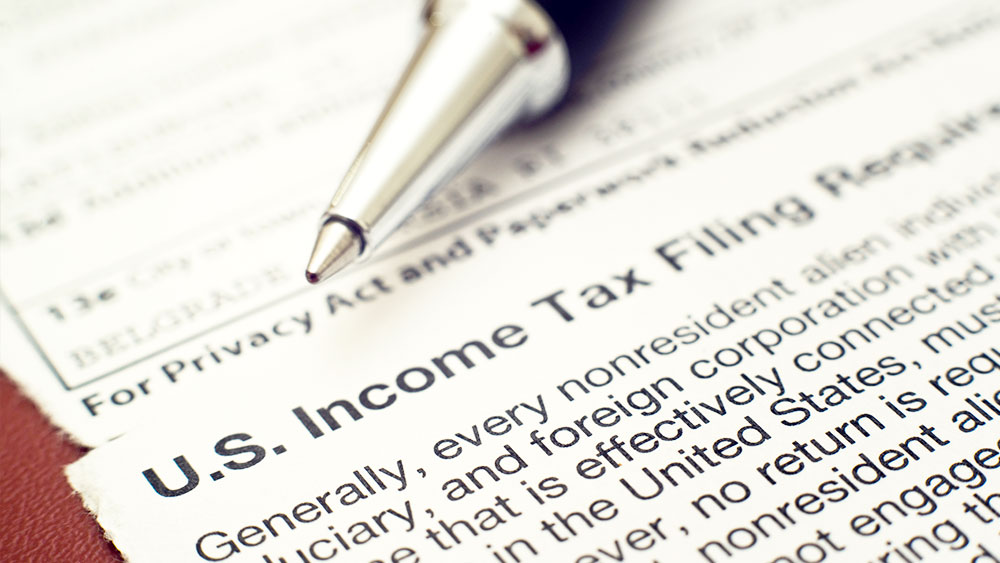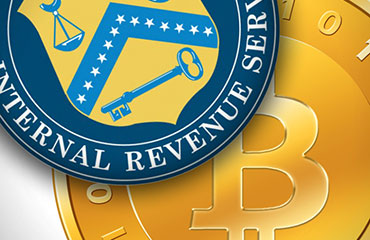How to Avoid an IRS Audit – Expat Edition
If you are living and working abroad, you still need to worry about the IRS. In this article, I will talk about how to avoid an IRS audit with a focus on Expats.
Are you worried that the IRS will come knocking on your door? Want to know how to avoid an IRS audit? I battled the IRS for a decade and here are a few of the tips and tricks learned, often the hard way, in those skirmishes.
So, what are the major audit flags? What will bring the IRS to your door? Some are selected at random, a kind of control group, but there are a number of items that can increase your chances of being selected by the computer for an audit.
The key factors are the amount you earn, the type and quantity of deductions you take, the volume of capital gains transaction on Schedule D, your line of work, and whether you own your own business.
Of these, income level is far and away the most important factor. As I said above, less than 1% of the taxpaying population is audited each year. If your income is $200,000 or more (defined as rich in today’s America), your chance of an audit jumps to 3.26%. If you have a great year, and make $1 million, your chance of a visit skyrockets to just over 11% (about 1 in 9). So, you want to know how to avoid an IRS audit…just stop working!
I assume you won’t decide to work less, or earn less, to keep the IRS from your door, so let’s talk about what you can control. By far, the most egregious error is failing to report all of your income…and this is exactly what the IRS is targeting with FACTA and its offshore banking initiatives.
You see, FACTA forces all banks around the world to report the income and transactions of their American clients to the IRS, just as American banks do today. It essentially turns your foreign banker in to an unpaid agent of the U.S. government.
Next, IRS computers compare these reports to the return you file and audit those whose report doesn’t match the computer file. The larger the discrepancy, the higher your chance of an audit. The purpose of FACTA is to ensure all Americans are reporting each and every transaction and to provide a tool to the IRS to easily track down and persecute those who failed to toe the line.
Therefore, the best way for the U.S. person living, working or investing abroad to avoid an IRS audit is to file all necessary forms.
Another red flag is your charitable donations. The IRS keeps statistical data by income bracket on this category. The further you get from the standard deviation, the higher your chance of an audit. If you give 5% of your income to charity, with no non-cash donations, your audit meter will hardly register a beep. Give 50% of your adjusted gross income in donations of clothing and personal affects, and I guarantee you will be audited…possibly before you have time to cash the refund check.
Next on the list of red flags are rental real estate losses. If you have a loss from one foreign or domestic property of less than $25,000, your risks are minimal. If you claim to be a real estate professional so you can take larger losses, or because your income from other sources exceeds $150,000, then your risk of an audit is very high.
The last major caution is to day traders and those claiming to be professional traders of their own accounts. I understand that the desire to be considered a professional trader can be strong, and I field a number of calls from those wishing to do this “business” offshore.
Those who trade in stocks and securities as professionals have big time advantages over the rest of us. Their expenses are fully deductible and their profits are exempt from self-employment tax. Losses of traders who make a special section 475(f) election are fully deductible and aren’t subject to the $3,000 cap on capital losses.
But, to be a professional trader, and not just a simple investor, you must regularly and continuously trade stocks. It must be your primary business and you should be spending about 30+ hours a week trading, researching, and working on your craft. If you aren’t that involved, you are not a trader.
And the IRS realizes that it can be quite difficult for a person trading his own portfolio to prove he is a professional, so they are easy targets…often fish in a barrel.
If you are reporting your business on Schedule C, rather than an onshore or offshore corporation, you have a significantly higher risk of audit compared to someone who is properly structured. The favorite categories on this form are home office deduction, automobile expenses, notoriously hard to prove and often estimated by clients, and meals and entertainment. Did you actually bother to keep all of your receipts and write down who you met with and why? Keep it “simple” and get a corporation.
Why will a corporation reduce your chances of an audit? Let’s say you reported $200,000 on Form 1120. You will be grouped together will all of the other corporate entities. At $200,000, you are probably a small fish in a big pond. But, report that same profit on Schedule C, you are probably a medium to large fish to the self-employed audit group in the IRS. In other words, not many are making $200,000+ on Schedule C, but the number of corporate entities earning more than that is significant.
As someone who has handled hundreds of IRS exams over the years, I believe that these categories cover 90% of the non-random audits. If you want to know how to avoid an IRS audit, focus on compliance and your corporate structure. I will give you a few more examples below, but as we move on, the effect on your chances of an audit get less.
Hobby losses are major red flags, but one most people manage to avoid. You must report income from a hobby (such as horse racing) and you can deduct expenses up to the amount of that income. You are prohibited from deducting expenses in excess of that income. So, if you are considering racing ponies in Panama, don’t deduct them on your U.S. return.
The same is true of gambling. U.S. casinos will report your wins, and you are allowed to deduct your losses to the extent of those wins. You should never take a loss from gambling, though some try on Schedule C by calling it a business. Keeping in mind that you must be able to prove your losses, usually with a gambling log, you can deduct foreign losses against U.S. wins. If you took $100,000 from a lucky streak in Las Vegas, and gave it all back to the Trump Casino in Panama City in the same year, you can net losses against wins to break-even.
Just about any small business has a high risk of audit. This is especially true of bars and restaurants with cash transactions. In fact, these establishments often get hit by the IRS, State tax board, and employment tax board in the same year.
If you are in a business offshore, and pay your employees or consultant’s in cash, you will have a tough time if the tax man comes calling. You must prove all expenses to the U.S. IRS, so you should try to pay by check or wire whenever possible and have an invoice or receipt in the file. If not possible, then a signed receipt may get you by.
I will conclude with this: if you are living, working, or investing offshore, and have been filing all of the proper forms, you have nothing to fear from the IRS. If you have been lax in your reporting, then you might just find yourself at the top of the IRS hit list. Did you miss an FBAR or two? Do you have foreign real estate in a corporation that you did not report? You should get these issued resolved before FACTA arrives in full for on January 1, 2015.
If you are considering filing your delinquent forms, please take a look at my article on the voluntary disclosure program. If you qualify as an expat, and you owe no tax to the IRS, you might get away with zero penalties.
Feel free to contact me for a confidential consultation on any of these issues. You can reach me at info@premieroffshore.com or by calling (619) 483-1708.










